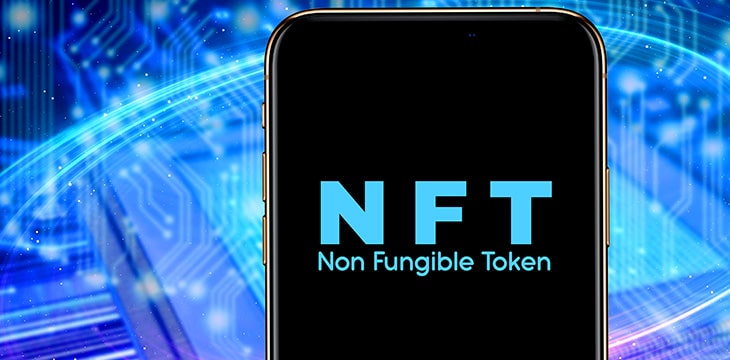|
Getting your Trinity Audio player ready...
|
A Chinese court in Hangzhou declared that non-fungible tokens (NFTs) are online virtual property and can enjoy protection under Chinese law.
The Hangzhou Court of China pointed out that NFT digital collections have the characteristics of value, scarcity, controllability, and tradability, and belong to online virtual property, which should be protected by Chinese laws. https://t.co/VONcSp0319
— Wu Blockchain (@WuBlockchain) December 5, 2022
The decision of the court has been hailed as one that removes ambiguity for the asset class following the blanket ban on digital assets. This lays a precedent for the Chinese legal system regarding the treatment of NFTs.
In the case, the plaintiff sued an unnamed company for canceling the sale of an NFT because the user provided personal details that failed to match their information. The defendant refunded the plaintiff’s funds based on incorrect personal details, which the court ruled that “there was no breach of contract or illegality in the decision.”
In reaching its decision, the court placed digital collectibles in the category of virtual property, likening it to the “selling of digital goods through the internet.” Flowing from the categorization, the court decided that NFTs will be governed by the country’s e-commerce laws.
“NFT digital collections have the object characteristics of property rights such as value, scarcity, controllability, and tradability. At the same time, they also have the unique attributes of network virtual property such as network virtuality and technology, and belong to network virtual property,” the court said.
China’s legal system appears to have adopted a similar stance toward Bitcoin by placing it subject to property rights despite the blanket ban. Although the legal system might have shown a favorable stance toward digital collectibles, the country’s regulators have not hidden their dislike for speculative investments in NFTs.
In April, the trio of the China Banking Association, Securities Association of China, and the China Internet Finance Association issued a joint statement warning citizens against the inherent risks of sinking funds in NFTs.
“We solemnly call on consumers to establish correct consumption concepts, enhance their awareness of self-protection, consciously resist NFT speculation and speculation, be vigilant and stay away from NFT-related illegal financial activities, and effectively safeguard their own property safety,” the statement read.
A global trend
Zooming out from China, it is easy to see an emerging trend of different jurisdictions opting to place NFTs under property laws. In a landmark case, the High Court of the Republic of Singapore designated digital collectibles as physical property akin to luxury items like watches and wine.
The case involved the court granting a motion to bar the sale of a Bored Ape Yacht Club (BAYC) NFT on the grounds that it would impugn the principles of existing property rights of Singapore.
Globally, NFT prices have fallen from the previous highs they attained in 2021, with transaction volumes for November standing at a mere $643 million.
Watch: The BSV Global Blockchain Convention presentation, Buzzmint: Elevating NFTs

 02-19-2026
02-19-2026 




